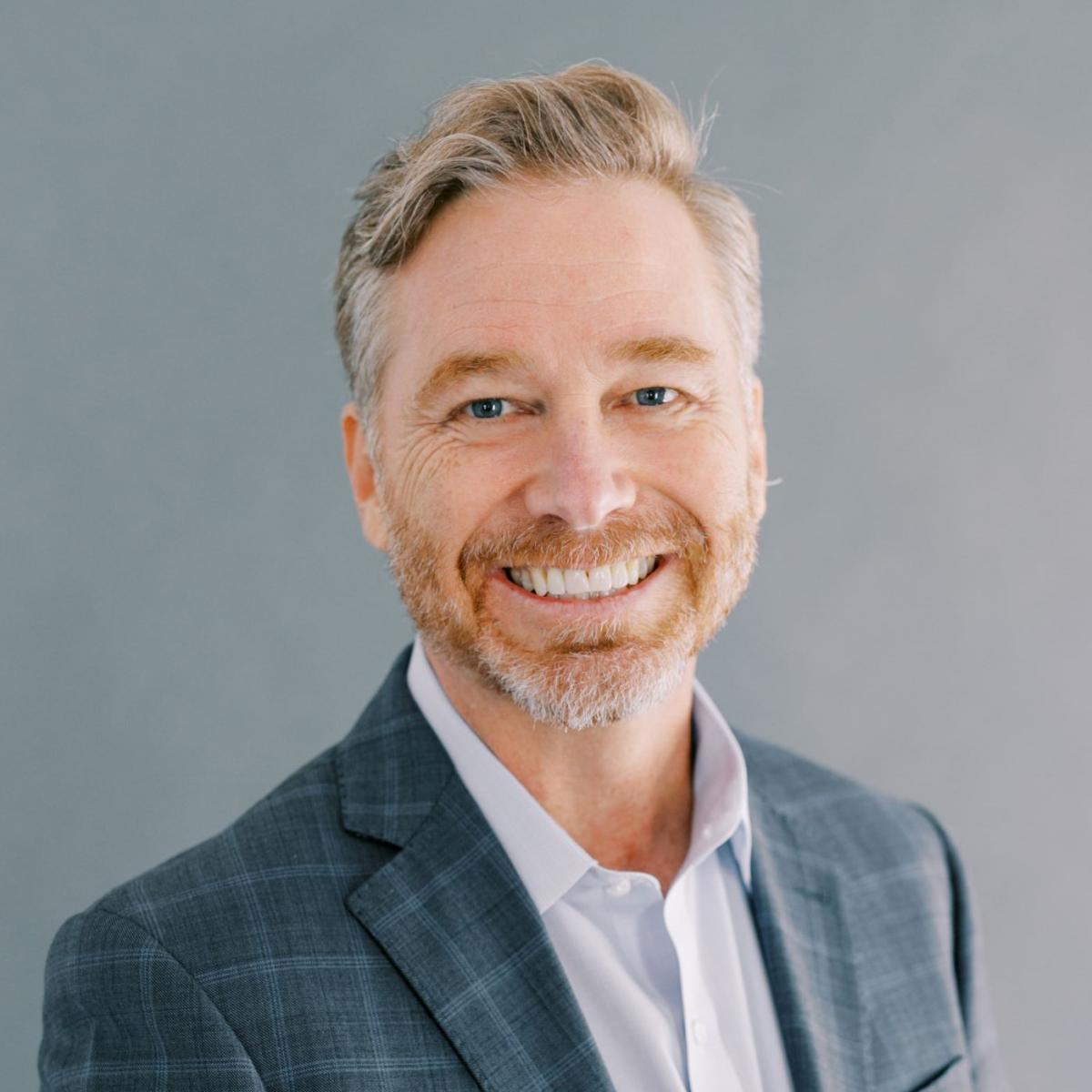Back to Basics: An Experiential Introduction to Acceptance and Commitment Therapy


Wednesday, June 15, 2022 - 9:00 a.m. to 5:00 p.m.
Acceptance and commitment therapy (ACT) is a transdiagnostic behavior change model that draws on acceptance, mindfulness, and values-based action. Clients learn to encounter thoughts and feelings as they occur, without dwelling on them nor pushing them away. At the same time, they are encouraged to act on their most deeply held values. In over 800 randomized controlled trials and nearly 200 meta-analyses, ACT is efficacious for a wide variety of problems that humans face. Rather than going after reducing symptoms, ACT increases psychological flexibility: the capacity to turn to the present moment as a conscious human being and take action according to personally-chosen values.
This two-day workshop will provide a simple yet powerful experiential introduction to ACT for helping professionals from any discipline. It can also serve as a reintroduction for those who want to go review the basics again, get out of the weeds, and reorient themselves to fully integrating ACT into their practice. The focus will be on plain language, practical ways of understanding the psychological flexibility model, drawing on many clinical and personal examples. By the time you’re done, you should not only have a felt sense of what psychological flexibility is like in practice, but also have a more refined ability to put your own words on the concepts, both for yourself and your clients.
Training modalities will include brief lecture, clinical vignettes, clinical demonstrations, mindfulness exercises, experiential exercises, large group discussions, small group discussions, and small-group skills practice. We will give special attention to places new and intermediate learners tend to get stuck. Perhaps you wonder how the “observer” perspective connects to “flexible perspective taking” or haven’t even heard those terms before. Maybe you don’t really know what the heck “function” and “context” mean. Maybe it is hard to see how ACT is a behavior therapy, intimately connected to ideas like reinforcement and classical conditioning you haven’t thought about since graduate school. Maybe you struggle to make sense of how you can integrate what you already know from years of practice into your ACT work. All of these questions and concerns are welcome and will be addressed. Finally, this workshop will incorporate an understanding of how to tailor ACT to the unique needs of your client population, use the psychological flexibility model as a framework to support your own lifelong cultural humility practice, and draw on ACT processes to encounter your own pain and suffering, whether it arises in your work, personal life, or both.
About Matthew Boone, LCSW:
Matt Boone (he/him) is a social worker, psychotherapist, writer, and speaker who specializes in translating mental health concepts for the public. He is the co-author, with Jennifer Gregg and Lisa Coyne, of Stop Avoiding Stuff: 25 Microskills to Face Your Fears and Do It Anyway, and the editor of the book Mindfulness and Acceptance in Social Work. He is the Director of Programming and Outreach at the student mental health services of the University of Arkansas for Medical Sciences, where he’s an instructor in psychiatry. He is an Association of Contextual Behavioral Science peer-reviewed acceptance and commitment therapy (ACT) trainer and a former consultant for the VA ACT for Depression training rollout, and he regularly facilitates ACT trainings for professionals and the public. At Lyra Health, a mental health tech startup, he led the clinical development of Lyra’s mental health coaching program, which is based on ACT, CBT, and DBT, and he oversaw the training of its first 100 coaches. At Cornell University, he oversaw the development of Let's Talk, an outreach program to underserved students that has since been replicated at nearly 100 colleges and universities. He lives in Little Rock with his wife, cat, and guitars and loves talking about mental health with people who think psychotherapy and self-help are a bit cringy.
About Rajinder (Sonia) Singh, Ph.D.:
Rajinder (Sonia) Singh, Ph.D. (she/her) is a research investigator and psychologist the Central Arkansas Veterans Healthcare System and the University of Arkansas for Medical Sciences in Little Rock, Arkansas. She completed her Ph.D. in clinical psychology at Bowling Green State University. Dr. Singh’s research interests include the integration of implementation science and health equity, specifically for gender and sexual minority populations and how to engage and empower consumers in implementation. Dr. Singh’s clinical interest include applying contextual behavioral science principles to improve health equity. Dr. Singh has published over 25 peer-reviewed articles, currently serves as a member of the Editorial board of the Journal of Contextual Behavioral Science, has presented several research presentations, and co-led workshops focused on contextual behavioral approaches in working with Queer and Trans People of Color.
Learning Objectives:
Following this workshop participants will be able to:
- Describe the psychological flexibility model and its 6 components: acceptance, defusion, present moment awareness, self-as-context, values, and committed action
- Describe the paradoxical nature of attempts to control private experiences
- Conceptualize their clients from an ACT perspective
- Facilitate 3 strategies for helping their clients be more willing with private events
- Utilize 3 techniques for helping clients defuse from language and meaning making
- Incorporate present moment awareness into the moment to moment interactions between them and their clients
- Describe how to help clients contact the “observer” perspective in the presence of painful private events
- Demonstrate how to support clients to flexibly move between the observer perspective and and other useful perspectives
- Demonstrate how to orient clients towards actions based on their personally chosen values instead of devoting energy to controlling are avoiding painful private events
- Identify ways to incorporate the professional skills they already have into their ACT work with clients
- Describe how to draw on the psychological flexibility model to help them with their own unworkable stories and painful emotions – both in their work with clients and in their lives more broadly
- Use the psychological flexibility model as a framework for supporting their lifelong cultural humility practice
- Describe how to build open, caring, and flexible relationship with clients
Target Audience: Beginner, Intermediate, Clinical
Components: Literature review, Experiential exercises, Didactic presentation, Case presentation, Role play
Package Includes: A general certificate of attendance, lunch, and twice daily coffee/tea break on site.

